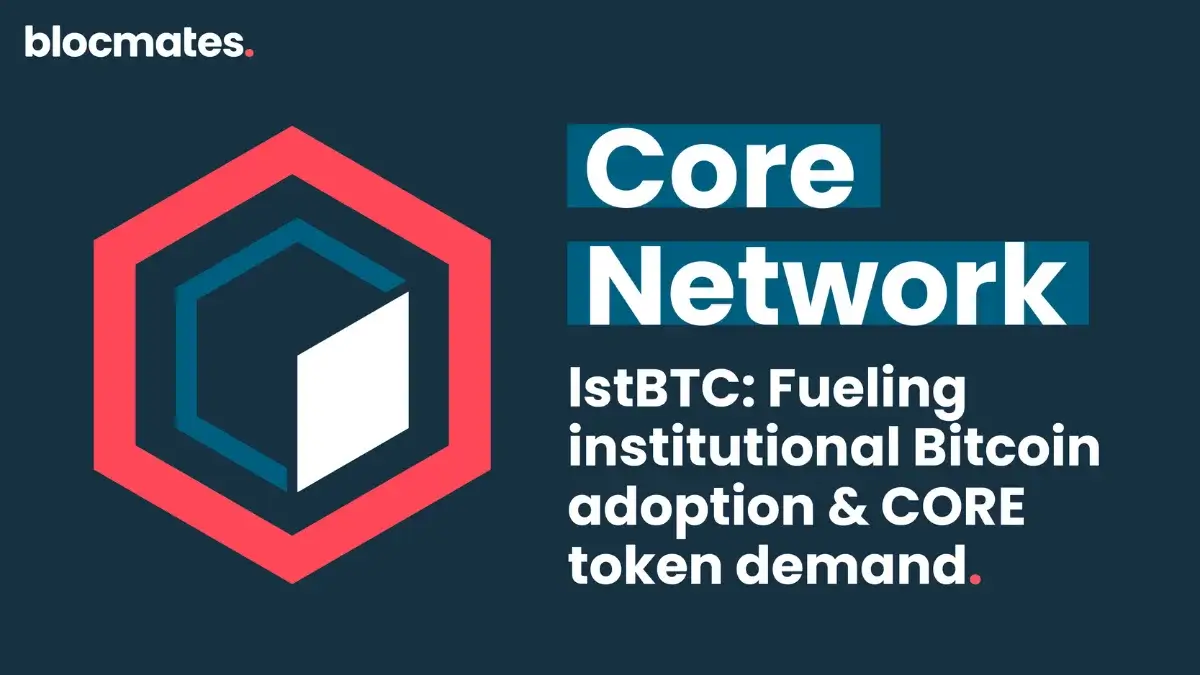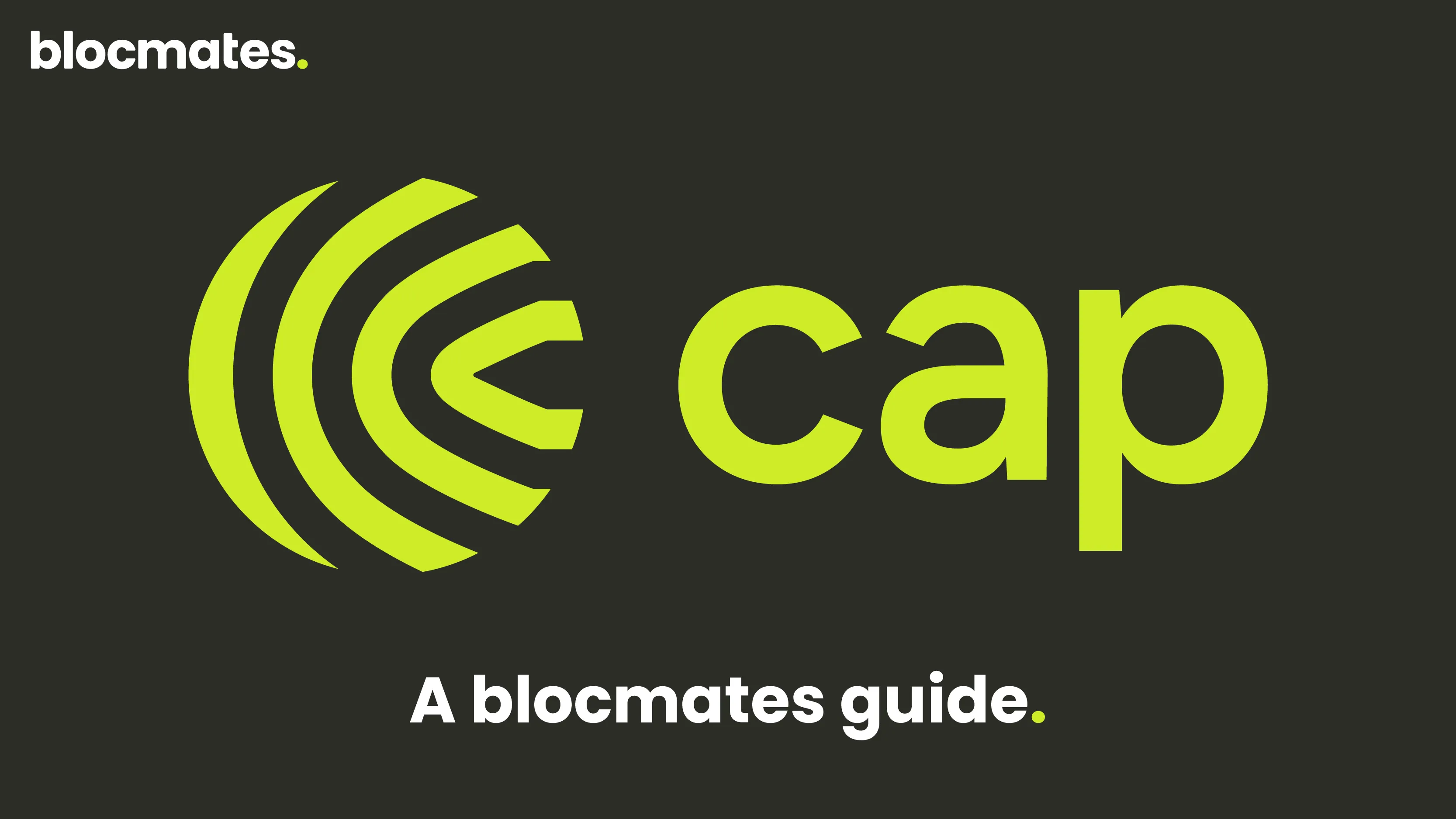Coinbase’s experimental payments framework, x402, is suddenly the hottest topic in the AI and crypto crossover. According to on-chain data from Dune Analytics, the open-source protocol has seen transaction activity surge by over 10,000% in the past month, signaling what could be a new phase in how machines interact financially.
Over the past weeks, x402 processed nearly half a million on-chain payments, peaking at over 340,000 transactions in a single day.

The renewed activity follows Coinbase’s ongoing effort to bridge artificial intelligence and blockchain payments, with x402 serving as the company’s key step toward machine-native economic systems.
Coinbase CEO Brian Armstrong acknowledged the growth in a post on X, writing that “x402 [is] growing like crazy,” hinting that the protocol could become a cornerstone for autonomous financial applications.
Reinventing HTTP 402: turning the web’s ‘payment required’ code into an on-chain layer
Launched in May 2025, x402 revives the long-dormant HTTP 402 “Payment Required” code, a relic of the early internet that was originally designed to enable web-native payments but never found a practical use. Coinbase’s version gives it purpose, allowing real-time, blockchain-based payments to occur directly within web requests.
Here’s how it works: when a user or an AI agent requests a paid resource, the server responds with a 402 prompt containing payment details, such as the amount (often denominated in USDC) and the recipient wallet.
The requester then signs and completes the transaction on-chain, typically via Coinbase’s Base network or other compatible chains. The payment clears in around 200 milliseconds, and access is granted, no intermediaries, no credit cards, no accounts.
The simplicity of the process has made x402 an attractive option for both developers and autonomous systems. In August, Coinbase developers Kevin Leffew and Lincoln Murr described it as a financial layer for AI, enabling “atomic payments, programmable policies, and composable wallets.”
Essentially, it allows digital agents such as AI models, bots, or machine networks, to pay for resources like compute power, storage, or data feeds without human input.
This concept fits neatly into the emerging “agentic AI” trend, where self-operating systems manage funds, trigger payments, and interact economically on behalf of their users.
A recent report from a16z Crypto predicted that such agents could drive up to $30 trillion in autonomous transactions by 2030, a figure that suddenly doesn’t seem far-fetched given x402’s rapid rise.
From memecoins to machine payments: the broader impact of x402’s growth
The explosion in activity hasn’t been limited to AI. Developers have started using x402’s architecture as a launchpad for new tokens, triggering what KuCoin Ventures dubbed a “Launchpad killer.” x402’s built-in payment rails make it possible to conduct fair, on-chain launches directly through HTTP requests, sparking a wave of x402-powered memecoins.
The trend grew strong enough for CoinGecko to list “x402 tokens” as their own market category, one that jumped to $180 million in capitalization, rising 266% in 24 hours.
Beyond speculation, real adoption is emerging through partnerships. Coinbase and Cloudflare co-founded the x402 Foundation in September to standardize the protocol globally, integrating it into Cloudflare’s developer stack and Agent SDK.
This makes it easier for businesses to add x402 payments with just a few lines of code. Collaborations with Solana, Google, and Bitget Wallet are also underway, the latter developing QR-based, gas-free payments powered by x402.
If current growth continues, x402 could become the first operational bridge between AI agents and blockchain-based economies, giving machines a genuine financial identity.






















.webp)

.webp)
.webp)

%20(1).webp)



























































%202.webp)


.webp)

.webp)
.webp)
.webp)



.webp)










.webp)
.webp)

.webp)
.webp)
.webp)


.webp)
.webp)










.webp)


.webp)









.webp)







.webp)




.webp)

























.webp)







.webp)















.webp)

.webp)
.webp)

.webp)














.webp)

.webp)


.webp)








.webp)




